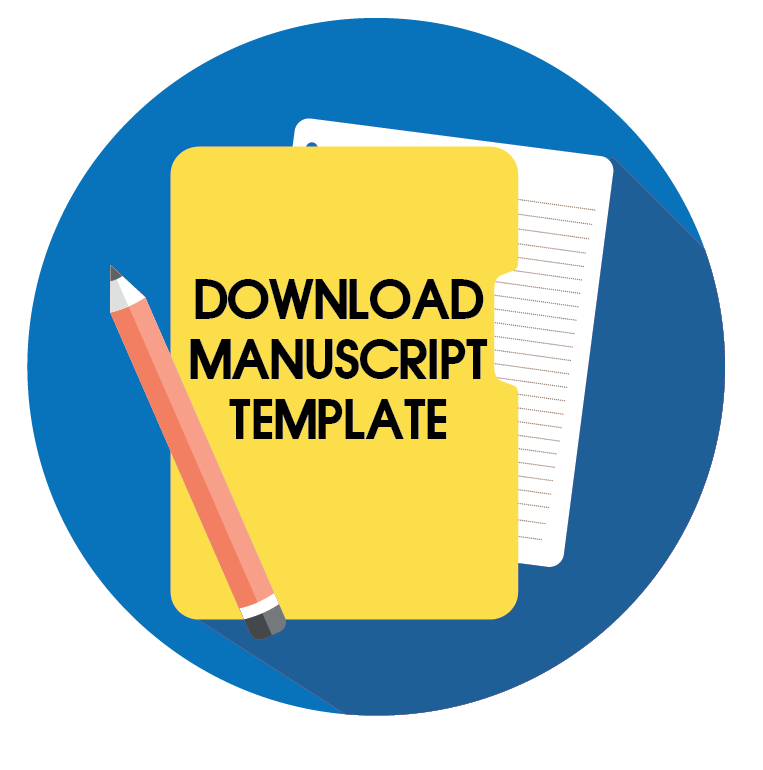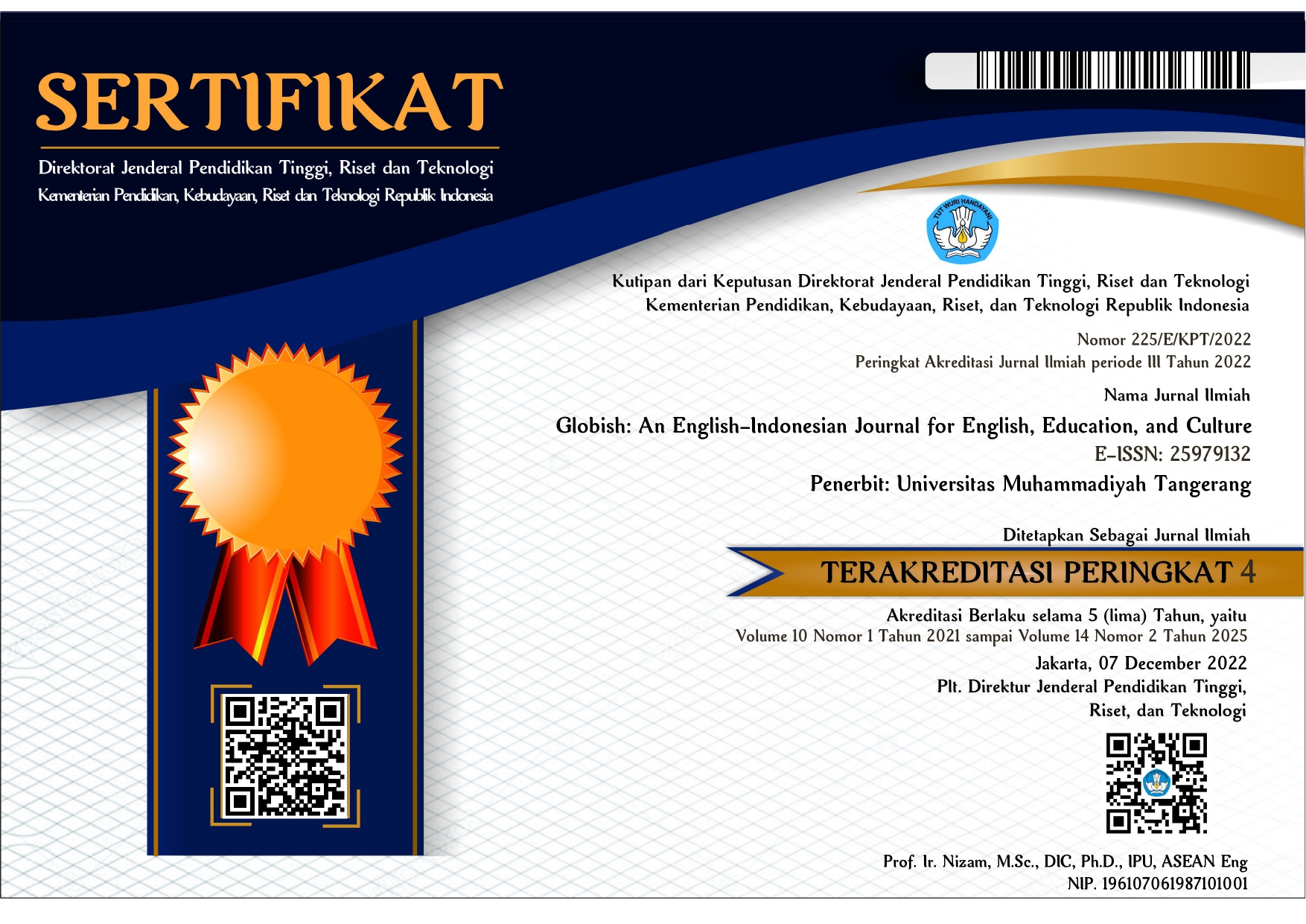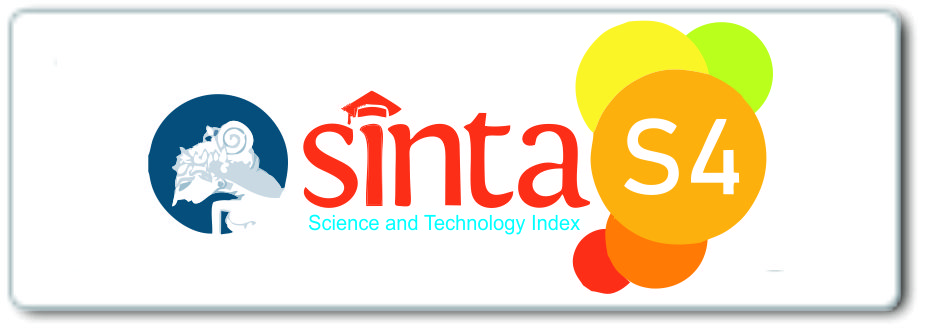THE EFFECT OF STUDENTS’ READING PROCESS STRATEGIES AND MOTIVATION ON COMPETENCY ACHIEVEMENT IN READING AT STUDENTS FIRST GRADE SEMESTER
Abstract
Reading can be characterized as a “conceptual process”, a tool for thinking and a problem solving process. As a reader, they try to discover what the author means while, at the same time, they build meaning for themselves. They use their own language, their own thoughts, and they own view of the world to interpret what the author has written. These interpretations are limited by what their known. When authors create, they project their language, their thoughts, and their meanings into producing text. Their creations are limited by what they know. Because of obvious differences between the language, thoughts, and authors’ meaning. Reading can never be an exact process. Because the reader’s own language and thought become involved through interaction with the language and thought of the author, readers can never be certain that they have discovered the meaning the authors’ write. However, since readers are compelled to understand what they are reading, they interpret actively while reading in order to gain meaning, which is their ultimate goal.
The purpose of this research is to know is there any significant effect of students’ reading process strategies and students’ motivation on reading English text achievement at students first grade semester. This study was quantitative research, 80 students were chosen as a sample with simple random sampling technique. The questionnaires and reading test were distributed to gather the data, and they were analyzed quantitatively.
The results of data analysis show that there is an effect of students’ reading learning process strategies and students’ motivation simultaneously on their reading English text achievement at students’ first grade semester. It is proven from the results of statistical calculation that Fobs(132.407) >Ftab(3.33).
In conclusion, this study found that reading learning process strategies and motivation used by students positively influenced students’ reading English text competency achievement. In line with this conclusion, the writers suggest that the teacher had positive and motivating attitudes.
Full Text:
PDFReferences
Adiwiria, Pien Supinah. 2007. “Hubungan antara Intelegensia, Kemampuan Menyimak, dan Kemampuan Membaca dengan Prestasi Belajar.” Jurnal Pendidikan dan Kebudayaan No. 69, tahun ke-13:924-927.
Anderson, Neil. J. 1999. Exploring Second Language Reading: Issue and Strategies. New York: Heinle & Heinle Publishers.
Badan Standar Nasional Pendidikan (BSNP). 2006. Permen No. 22 23 24 Tahun 2006 tentang Standar Kompetensi Lulusan dan Pelaksanaan Isi dan Skl. Jakarta: BNSP.
Black. T.R. 1999. Doing Quantitative Research in the Social Science: an integrated approach to research design, measurement and statistic. CA: SAGE Publication Inc.
Chan, L K. S. 1994. “Relationship of Motivation, Strategic Learning, and Reading Achievement.” Journal of Experimental Education Vol. 62. https://www.questia.com/signupflow?time=1270807872102.
Destefano, J.S. 1982. “Language and Reading.” In Reading in Applied Linguistics, edited by Harold B. Allen and Michelle D. Linn, 388. New York: Alfred A. Knopf, Inc.
Ellis, R. 1994. The Study of Second Language Acquisition. Oxford: Oxford University Press.
Goodman, Y. M; Burke, C. and Sherman, B. 1980. Reading Strategies Focus on Comprehension. New York: Holt, Rinehart and Winston.
Grellet, F. 1981. Developing Reading Skills: A Practical Guide to Reading Comprehension Exercises. New York: Cambridge University Press.
Guthrie, J.T. 2001. “Contexts for Engagement and Motivation in Reading.” http://www.readingonline.org/articles/handbook/huthrie/index.html.
Julia, W. 1988.”Improving Reading Comprehension: some current strategies.” English Teaching Forum XXVI, No.1.
Meily, M. 2007. “Assessment of the Effectiveness of Selected Interventions in Improving Students’ Positive Attitude and on Task-Behavior toward Reading in a School in Quezon City, Metro Manila, Philippines.” Pancaran Pendidikan No. 67. Tahun XX: 1049.
McClure, C. T. 2008. “Motivation and Reading: Creating Early, Engaged Learners.” http://www.districadministration.com/viewarticle.asp?articleid=1445.
O’Malley, J.M. and Anna Uhl. Chamot. 1990. Learning Strategies in Second Language Acquisition. Cambridge: Cambridge University Press.
Oxford, R.L. 1990. Language Learning Strategies: What every teacher should know. New York: Newbury House Publishers.
Pumfrey, P.D. 1997. “Assessment of Affective and Motivational Aspects of Reading.” In the Psychological Asesssment of Reading, edited by John R. Beech and Chris Singeton. 161, New York: Routledge.
Sankaran, S R. Sankaran and Tung Bui. 2001. “Impact of Learning Strategies and Motivation on Performance: A study in web-based instruction.” Journal of Instruction Psychology, under “Settings.” http://findarticles.com/p/articles/mi_m0FCG/is_3_28/ai_79370574/
Septinar, W. 2007. “Simplification as a Strategy in Understanding a Reading Text.” Fourth Conference on English Studies 4, No. 4: 110-111.
Suparman. 2009. “Increasing Students’ Reading Achievement using Collaborative Reading Strategy (CRS) at Second Year Students of One of State SMPS in Lampung Province.” Edu-Lingua Jurnal Pendidikan Bahasa 2, No. 1:6-7.
Xiao-ling ,Y. 2006. “Motivation and Reading Strategies,” Sino-US English Teaching 3, No. 12: 2-4.
DOI: http://dx.doi.org/10.31000/globish.v7i2.1125
Article Metrics
Abstract - 548 PDF - 76Refbacks
- There are currently no refbacks.
Globish
Program Studi Pendidikan Bahasa Inggris
Fakultas Keguruan dan Ilmu Pendidikan
Universitas Muhammadiyah Tangerang
Jl. Perintis Kemerdekaan I/33, Cikokol
Kota Tangerang, Indonesia
e-mail: globish_journal@umt.ac.id
Globish (p-ISSN: 2301-9913 | e-ISSN: 2301-9913) is licensed under a Creative Commons Attribution-ShareAlike 4.0 International License.









